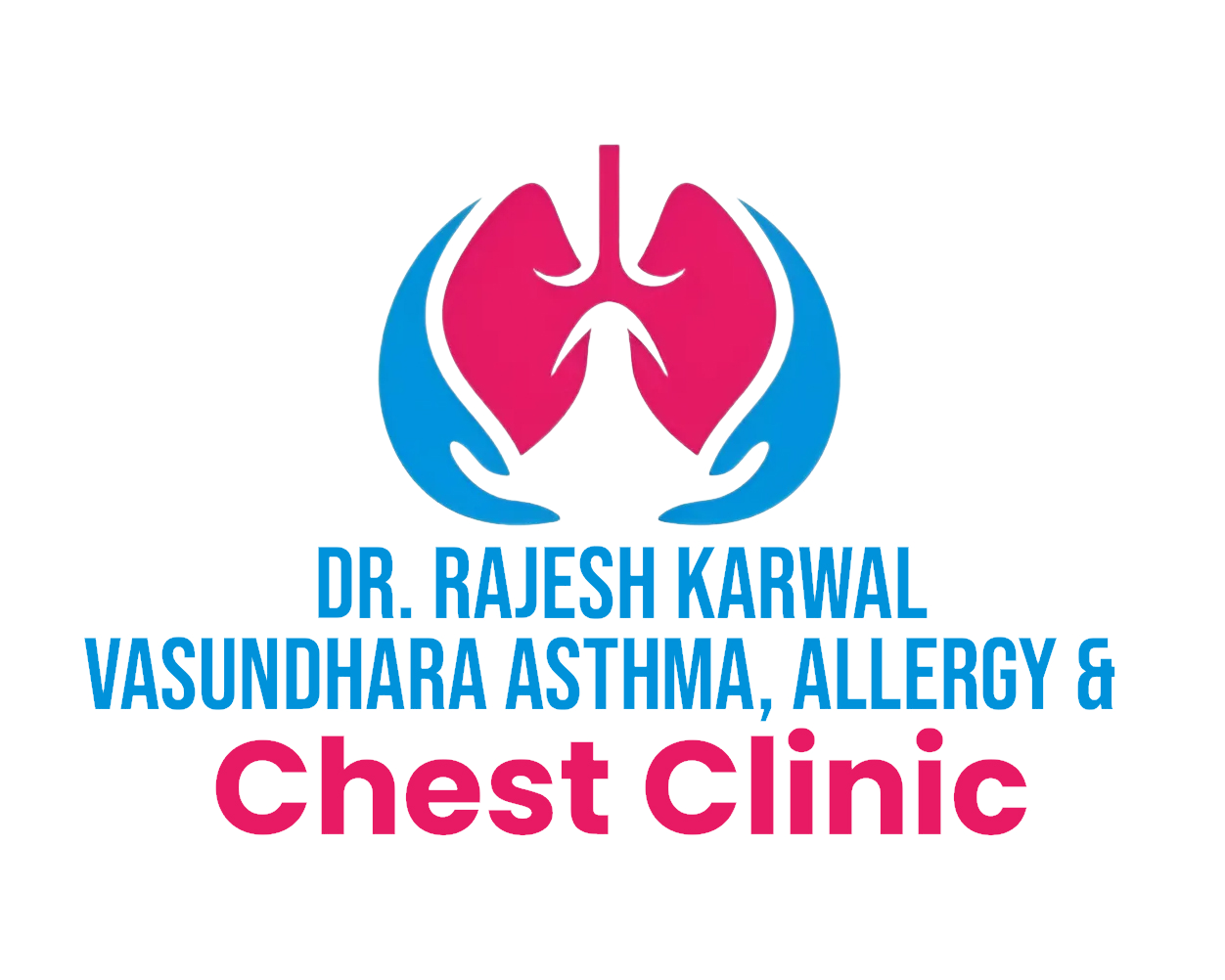Breathing is a fundamental aspect of human life, yet it’s often taken for granted until something goes wrong. Lung function tests play a crucial role in assessing respiratory health, providing valuable insights into lung capacity, airway function, and overall pulmonary function. In this article, we delve into the significance of lung function tests, exploring their importance in diagnosing respiratory conditions, monitoring disease progression, and guiding treatment strategies. Understanding Lung Function Tests: Lung function tests, also known as pulmonary function tests (PFTs), encompass a variety of procedures designed to evaluate how well the lungs work. These tests measure different aspects of lung function, including.
To Know More About It Please Click Here
One of the most popular tests for lung function is spirometry. It involves inhaling deeply and then exhaling forcefully into a spirometer, which measures the volume and flow of air expelled from the lungs. Spirometry can assess lung capacity, airflow obstruction, and the presence of conditions such as asthma, chronic obstructive pulmonary disease (COPD), and restrictive lung diseases. Peak Flow Measurement: Peak flow measurement assesses the maximum speed at which a person can exhale air from their lungs. It is often used to monitor asthma and assess the effectiveness of asthma treatment. Lung Volume Tests: These tests measure the total volume of air in the lungs, including the amount of air that can be forcibly exhaled after a deep inhalation (forced vital capacity, FVC) and the amount of air remaining in the lungs after a maximal exhalation (residual volume). Diffusion Capacity Tests: Diffusion capacity tests evaluate how effectively oxygen moves from the lungs into the bloodstream. They are useful for diagnosing conditions that affect gas exchange in the lungs, such as pulmonary fibrosis and emphysema. Significance of Lung Function Tests: Lung function tests play a vital role in clinical practice for several reasons: Diagnosis of Respiratory
Conditions: Lung function tests help physicians diagnose various respiratory conditions, including asthma, COPD, interstitial lung diseases, and bronchiectasis. By assessing lung function parameters, clinicians can differentiate between obstructive and restrictive lung disorders, guiding appropriate treatment strategies. Monitoring Disease Progression: For individuals with chronic respiratory conditions, regular lung function tests are essential for monitoring disease progression and assessing treatment response. Changes in lung function parameters over time can indicate worsening or improvement of the underlying condition, guiding adjustments to medication or therapy. Assessment of Lung Function in Surgery.
To Know More About It Please Click Here
Candidates: Lung function tests are often performed before surgery to assess a patient’s respiratory status and determine their ability to tolerate anesthesia and surgical procedures. This preoperative evaluation helps minimize the risk of postoperative complications, particularly in individuals with pre-existing lung disease. Evaluation of Occupational Lung Disease: Lung function tests are valuable tools for assessing lung function in individuals exposed to occupational hazards such as dust, chemicals, and fumes. Regular monitoring of lung function can identify early signs of occupational lung disease and inform preventive measures in the workplace. Conclusion: Lung function tests provide valuable information about respiratory health, allowing clinicians to diagnose respiratory conditions, monitor disease progression, and optimize treatment outcomes. These tests are essential for individuals with respiratory symptoms, chronic lung diseases, or occupational exposures that may affect lung function. By incorporating lung function testing into clinical practice, healthcare providers can better understand and manage respiratory disorders, ultimately improving the quality of life for their patients.


